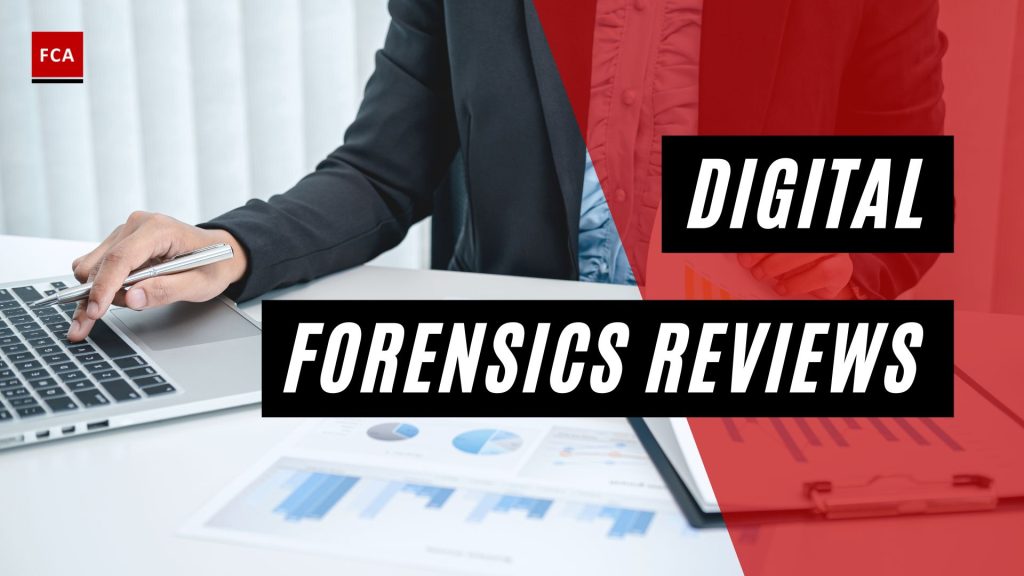Digital forensics is the process of collecting, analyzing, and preserving electronic data to support investigations and legal proceedings. In this process, the digital forensics examiner follows a set of standard procedures to ensure the integrity of the evidence and the admissibility of the findings in court.
One critical component of digital forensics is the review and reporting of the findings. The review process involves examining the collected data to identify relevant information, while the reporting process involves presenting the findings in a clear and concise manner that is admissible in court.
The performance of periodic reviews by the digital forensics and eDiscovery team requires appropriate planning, program, and resources, including technological and physical resources. The digital forensics review procedures adopted should be standardized, relevant, and sufficiently consistent on an entity-wide basis enabling it to aggregate digital financial crime risks, including money laundering or other cybercrimes, in a systemic way to identify the patterns of weak digital controls.

Digital Forensics Reviews and Reporting Requirements
Digital controls review processes should include identification and testing of the operating effectiveness of key digital controls, including financial, operational, and compliance controls.
Periodic risk and controls testing is performed to check the mitigation of identified digital financial crime risks faced by the organization in its different processes and sub-processes.
For example, digital controls developed and implemented by the bank to ensure that customers are onboarded after performing appropriate digital due diligence and know-your-customer or measures the information digitally obtained from the customers.
The health of digital controls is checked by the specialist team performing reviews of digital controls, where digital controls are tested for certain selected samples of processes and financial transactions.
The digital forensics team also comprises compliance professionals. They have appropriate knowledge of applicable regulatory requirements and perform periodic independent risk-based reviews of controls related to digital data or information. Such helps identify areas where non-compliance may have serious financial and compliance implications resulting in reputation, financial and operational losses.

The specialists search, seize, and analyze the electronic evidence stored in personal computers or information devices utilized in computer forensics investigations. Computer forensics data can also be obtained from remote locations where the company uses cloud services. It is rare for modern-day fraud incidents to be identified without using data storage devices and computers, and for these reasons, computer forensics is a vital skill set.
Investigations are reported to the senior management and board of directors, by the digital forensics specialists on a periodic basis, for review and feedback. The feedback received from the management is implemented to improve the digital data controls and avoid the risk of data manipulation.
Final Thoughts
Digital forensics reviews and reporting require the examiner to follow accepted industry standards, use reliable tools and techniques, remain objective, include all relevant information, write clearly and concisely, and work efficiently to produce the report in a timely manner. By following these requirements, the examiner can produce findings that are admissible in court and that support the objectives of the investigation.








